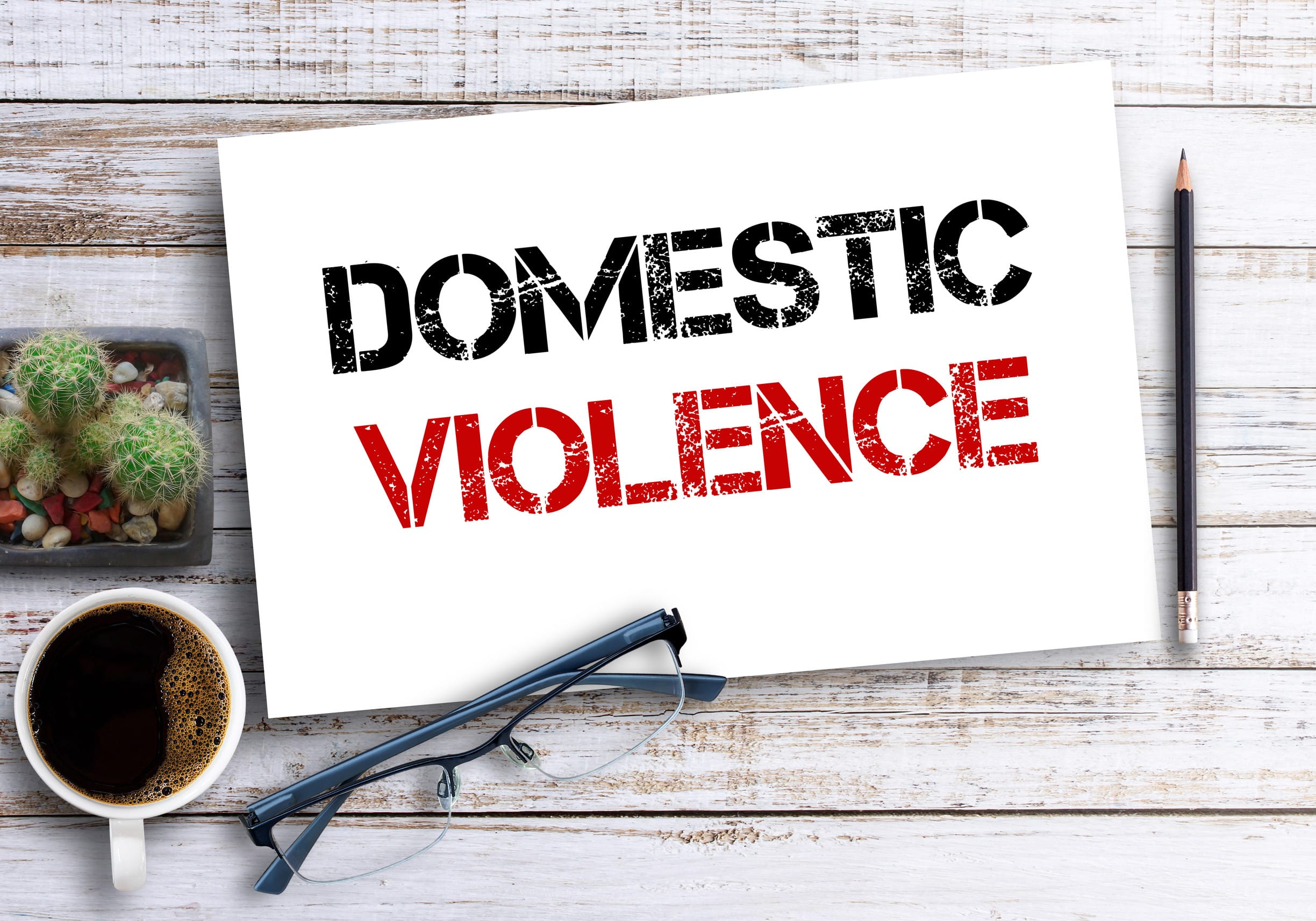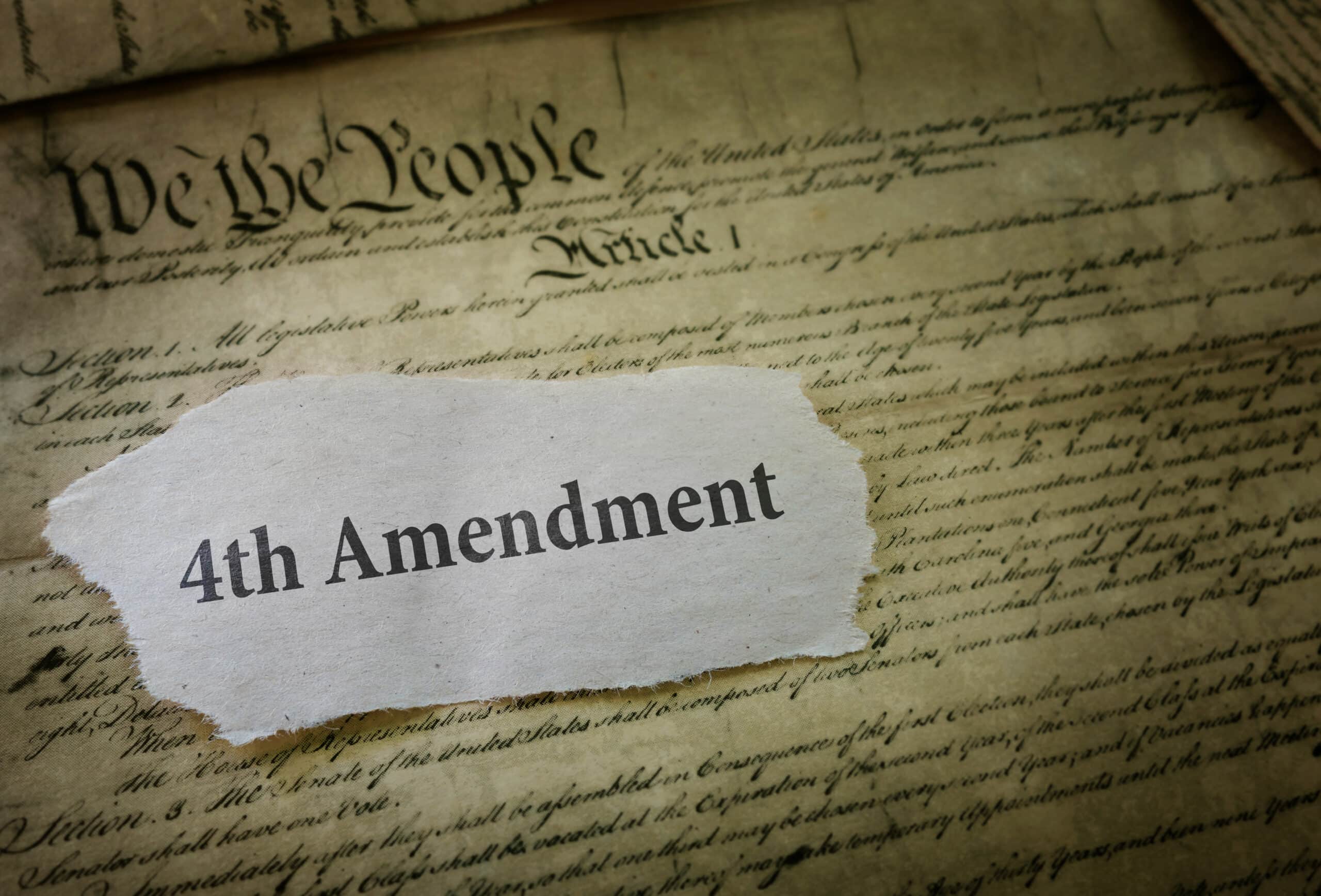In Colorado, domestic violence charges come with immediate consequences. You could be forced out of your home. A no-contact order may be issued. And your criminal record could follow you long after the case is over—even if the charges are dropped.
Domestic violence makes up 11% of all homicides in the state, and prosecutors treat these cases seriously. However, not every accusation reflects the full story. False reports, misinterpretations, and heated arguments can lead to criminal charges—sometimes when no crime actually occurred. This guide will help you understand what you’re dealing with and how to protect yourself legally.
If you’ve been charged or fear charges are coming, reach out to Denver, CO criminal attorney Kimberly Diego. She will walk you through your options with clarity and urgency. Your defense starts with the right conversation.
Understanding Domestic Violence Allegations in Colorado
In Denver, CO, domestic violence isn’t a separate criminal charge on its own—it’s considered a sentencing enhancement. That means if someone is accused of a crime like assault, harassment, or stalking, and the act is found to be connected to domestic violence, the penalties can increase significantly.
Under Colorado law (C.R.S. § 18-6-800.3), domestic violence is defined as an act or threatened act of violence upon someone the accused is or has been involved with in an intimate relationship. This can include physical harm, threats, or even crimes used to coerce, control, punish, intimidate, or get revenge on a partner or former partner. The key factor here is the nature of the relationship. If the person affected is or was an intimate partner, the law considers the conduct under the scope of domestic violence.
But it doesn’t stop at romantic partners. The law also includes spouses, ex-spouses, current or former dating partners, and individuals who share a child together. In some cases, household members or family members could also be involved, especially when the conduct and relationship fall within the definition provided in the statute.

Types of Domestic Violence Offenses
- Physical Assault: This includes hitting, punching, slapping, or any kind of physical harm. Even throwing objects or restraining someone against their will can fall under this category.
- Emotional and Psychological Abuse: Not all abuse leaves bruises. Repeated insults, threats, manipulation, isolation from friends and family, or constant criticism can wear a person down over time and are often part of a larger pattern of control.
- Sexual Abuse: Any non-consensual sexual activity, even within a marriage or long-term relationship, can qualify as domestic violence. This includes coercion, assault, or forcing someone to perform sexual acts against their will.
- Economic Abuse: Controlling someone’s access to money, sabotaging their job, or withholding financial resources to make them dependent is another form of domestic abuse that’s often overlooked.
- Stalking and Harassment: Following someone, showing up uninvited, sending repeated messages, or monitoring their movements and interactions can all be considered stalking or harassment, especially when intended to cause fear or distress.
- Digital and Technological Abuse: In today’s world, control and harassment can happen through phones, emails, GPS tracking, or social media. Monitoring someone’s messages, hacking their accounts, or threatening to share private information online are all examples.
Mandatory Arrest in Denver, Colorado
In Colorado, if law enforcement has probable cause to believe that an act of domestic violence occurred, they are required to make an arrest. This is not optional. Even if the alleged victim doesn’t want the person arrested or refuses to press charges, officers must still take the suspect into custody. The goal is to prevent further harm and immediately separate the individuals involved.
Once arrested, you’ll be taken to the local jail for booking. This process includes taking fingerprints, photographs, and entering personal and case information into the system. You will have to stay in custody until they appear before a judge—often within 24 hours.
At that first court appearance, the judge typically issues a mandatory protection order, also known as a restraining order. This happens automatically in all domestic violence cases. The order often includes terms like no contact with the alleged victim, no return to the shared home, and no possession of firearms. Violating this order can lead to additional criminal charges.
Because of how quickly things move after an arrest, it’s a good idea to speak with a defense attorney right away— someone who focuses on domestic violence cases in Colorado.

Criminal Penalties and Sentencing
Misdemeanor vs. Felony
In Colorado, domestic violence is classified as a misdemeanor. However, if you have three or more prior convictions involving domestic violence, the current misdemeanor can be elevated to a class 5 felony. This escalation underscores Colorado’s commitment to addressing repeat offenses with increased severity.
Jail and Prison Time
For a class 1 misdemeanor involving domestic violence, you could face up to 18 months in county jail. If the charge is elevated to a class 5 felony due to prior convictions, the potential prison sentence ranges from one to three years, with an additional two-year period of mandatory parole.
Fines and Probation Terms
Beyond incarceration, courts may impose fines and probation. Misdemeanor convictions can result in fines up to $5,000, while felony convictions may lead to fines as high as $100,000. Probation terms vary based on the offense’s severity and your criminal history. During probation, you must comply with specific conditions, including:
- Not committing another offense during the probation period
- Paying restitution to the victim
- Undergoing substance abuse testing and treatment if ordered
- Avoiding harassment or intimidation of the victim or witnesses
- Complying with court orders related to family support and custody arrangements
Mandatory Counseling or Treatment through DVOMB Programs
Colorado mandates that individuals convicted of domestic violence offenses undergo treatment programs approved by the Domestic Violence Offender Management Board (DVOMB). These programs aim to address abusive behaviors and reduce the risk of reoffending. Treatment typically involves regular sessions over several months, with the exact duration determined by an evaluation of your risk factors and treatment needs. Attendance and active participation are critical, as non-compliance can lead to additional legal consequences.
Gun Rights Restrictions
A domestic violence conviction in Colorado affects your right to possess firearms. Federal law prohibits individuals convicted of misdemeanor domestic violence offenses from owning or purchasing firearms. Colorado law aligns with this, requiring you to relinquish any firearms and refrain from acquiring new ones. The court will provide specific instructions on how to surrender firearms, and failure to comply can result in further charges.
Long-Term Consequences of a Conviction
Permanent Criminal Record
In most cases, a domestic violence conviction in Colorado cannot be sealed or expunged. That means anyone who runs a background check—an employer, landlord, or licensing board—will see that conviction. Even if the charge was a misdemeanor, the long-term effects can be just as serious as a felony in many areas of life.
Impact on Child Custody and Visitation
If you’re involved in a custody arrangement or divorce proceeding, a domestic violence conviction can affect your rights as a parent. Courts in Colorado prioritize the child’s safety. A history of domestic violence may lead to supervised visitation, restricted parenting time, or a loss of joint decision-making rights. Judges have the discretion to consider any past or present violence when deciding what’s in the best interest of the child.
Employment and Licensing Barriers
Finding a job after a domestic violence conviction can be difficult. Many employers conduct background checks and may be hesitant to hire someone with any violent offense. This is especially true for jobs involving children, vulnerable adults, or security-related work. Certain professional licenses—such as those in healthcare, education, or financial services—can also be denied, revoked, or suspended if you have a domestic violence conviction on your record.
Immigration Risks
If you’re not a U.S. citizen, a domestic violence conviction can put your immigration status at risk. Under federal immigration law, crimes involving domestic violence or child abuse can result in deportation, denial of re-entry, or loss of green card eligibility. Even if you’ve lived in the U.S. for years or have family here, a single conviction can threaten your ability to stay.
Social Stigma and Personal Fallout
Beyond legal penalties, a conviction can damage your reputation and relationships. Friends, family members, and coworkers may distance themselves. In some cases, people lose housing opportunities or face ongoing harassment. The stigma attached to a domestic violence conviction can be hard to overcome, even after you’ve completed all court-ordered requirements.

Constitutional Rights and Police Interactions
Fourth Amendment: Search and Seizure
In domestic violence cases, police often arrive at your home in response to a 911 call. They may want to come inside, look around, or take photos. Unless they have a warrant or valid reason, like responding to an emergency or seeing evidence in plain view, they need your consent to search. You have the right to say no. If officers search your home, phone, or belongings without a warrant or proper justification, your Denver, CO, criminal defense lawyer at the Law Office of Kimberly Diego can challenge the evidence later in court.
Fifth Amendment: Right to Remain Silent
When emotions are running high and officers are asking questions, it’s easy to feel pressured to explain yourself. Don’t. Under the Fifth Amendment, you have the right to remain silent—and you should use it. Anything you say, even casually, can be used against you in court. In domestic violence cases, statements made during or right after an incident often become central pieces of evidence. If you’re being questioned, clearly say, “I’m choosing to remain silent,” and stop talking.
Sixth Amendment: Right to Counsel
You also have the right to an attorney. The moment you’re arrested or being investigated for domestic violence, you should ask for a Denvr, CO, criminal defense lawyer. Once you do that, police must stop questioning you until your attorney is present. Trying to defend yourself without legal guidance can backfire. Having an experienced defense attorney from the Law Office of Kimberly Diego who focuses on domestic violence cases, helps protect your rights from the beginning.
Potential Legal Defenses
Self-Defense or Defense of Others
If you were acting to protect yourself from harm, your actions may be legally justified. The same goes for defending someone else, like a child or another household member. For this defense to work, your response must have been proportionate to the threat you were facing. In other words, the use of force has to match the level of danger. If you were being physically attacked or reasonably believed you were about to be, using force to protect yourself may be a valid legal defense.
False or Exaggerated Accusations
In some cases, the allegations are false or exaggerated. Domestic violence charges can be used in heated relationship disputes, custody battles, or during breakups. Sometimes, people make accusations out of anger, jealousy, or as a way to gain an upper hand in court. If the accusation was made up or significantly exaggerated, a criminal defense attorney can bring this to light by gathering evidence, questioning the credibility of the accuser, and presenting facts that show what really happened.
Lack of Evidence or Credibility Issues
The prosecution has the burden of proving the charges beyond a reasonable doubt. If the evidence is weak, inconsistent, or relies heavily on one person’s word, that can be challenged. Witness statements may not line up. Physical evidence may be missing or unclear. Video, audio, text messages, or medical records may not support the accusations. A strong defense will highlight these gaps and raise questions about whether the charges can truly be proven.
Mistaken Identity
Sometimes, people are falsely identified as the person responsible for a domestic violence incident. This can happen in chaotic situations or when third parties report something they didn’t witness directly. If you were wrongly accused because of mistaken identity—someone else committed the act, or the accuser got the facts wrong—that can be a powerful defense. Alibis, surveillance footage, and witness testimony can all help show that you were not involved.
Constitutional or Procedural Violations
Even if the allegations have some basis, how the police handled your case matters. Did they search your home or phone without a warrant? Did they question you after you asked for a defense lawyer? Were you denied your right to remain silent or pressured into making a statement? These are potential violations of your constitutional rights. If the police or prosecutors violated proper procedure, certain evidence may be suppressed, or the case could even be dismissed.
Each case is different. What applies in one situation may not work in another. That’s why you should consult with a criminal defense attorney from the Law Office of Kimberly Diego who is experienced in domestic violence cases in Colorado. They’ll be able to review the charges, look at the evidence, and help you decide which defense gives you the best chance of protecting your rights and your future. Just because you’ve been accused doesn’t mean you have no options—what you do next matters.

Fight Back with the Help of Denver, CO Criminal Defense Attorneys
There’s a lot to take in when you’re facing domestic violence charges. The legal terms, court dates, and protection orders can all move faster than you expect. This guide was built to give you a clearer picture of what to expect and where you stand. But reading is just the first step.
At the Law Office of Kimberly Diego, we don’t rush through cases or rely on copy-paste strategies. We take the time to understand the situation behind the charge. Maybe it was a misunderstanding. Maybe someone twisted the facts. Whatever it is, their value lies in how personally they treat your defense.
Every move we make is thoughtful, backed by experience, and tailored to the outcome that works for you. When the system feels cold, fast, and stacked against you, Kimberly Diego brings a human approach to criminal defense that values clarity, communication, and results. Reach out at (720) 257-5346 or send a message through our online form. We’ll get back to you quickly and take it from there.





